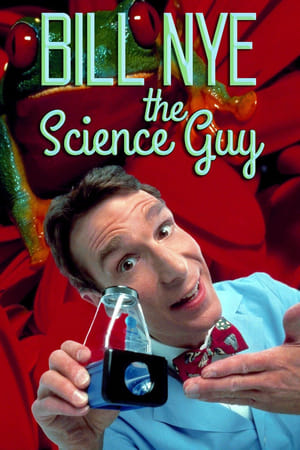
Overview
Forensic scientists try to find out the who, what, when, where, and why of events in the past – crimes. Most forensic scientists work in police labs. They collect evidence from the scene of a crime and analyze the evidence in a lab. Forensic scientists look for clues that will help them solve a crime. Fingerprints, footprints, hair, blood, and traces of gunpowder can be helpful evidence. Forensic scientists use all sorts of scientific instruments to analyze even the smallest bit of hair or the tiniest chip of paint. By scientifically testing evidence from the crime scene, and by knowing about evidence from past cases, forensic scientists can piece together what happened, to figure out who did what, and to help police catch a criminal.
-
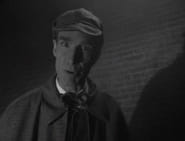 5 - 1Forensics September 19, 1997
5 - 1Forensics September 19, 1997 -
 5 - 2Space Exploration September 26, 1997
5 - 2Space Exploration September 26, 1997 -
 5 - 3Genes October 17, 1997
5 - 3Genes October 17, 1997 -
 5 - 4Architecture October 24, 1997
5 - 4Architecture October 24, 1997 -
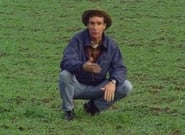 5 - 5Farming October 31, 1997
5 - 5Farming October 31, 1997 -
 5 - 6Life Cycles November 14, 1997
5 - 6Life Cycles November 14, 1997 -
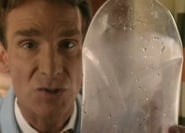 5 - 7Do-It-Yourself Science November 21, 1997
5 - 7Do-It-Yourself Science November 21, 1997 -
 5 - 8Atoms & Molecules November 28, 1997
5 - 8Atoms & Molecules November 28, 1997 -
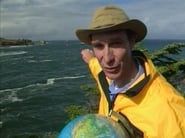 5 - 9Ocean Exploration December 05, 1997
5 - 9Ocean Exploration December 05, 1997 -
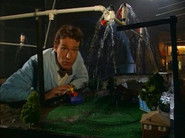 5 - 10Lakes & Ponds February 21, 1998
5 - 10Lakes & Ponds February 21, 1998 -
 5 - 11Smell February 28, 1998
5 - 11Smell February 28, 1998 -
 5 - 12Caves April 25, 1998
5 - 12Caves April 25, 1998 -
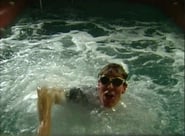 5 - 13Fluids May 02, 1998
5 - 13Fluids May 02, 1998 -
 5 - 14Erosion May 09, 1998
5 - 14Erosion May 09, 1998 -
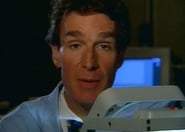 5 - 15Comets & Meteors May 16, 1998
5 - 15Comets & Meteors May 16, 1998 -
 5 - 16Storms May 23, 1998
5 - 16Storms May 23, 1998 -
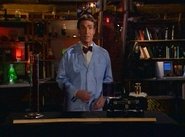 5 - 17Measurement May 30, 1998
5 - 17Measurement May 30, 1998 -
 5 - 18Patterns June 06, 1998
5 - 18Patterns June 06, 1998 -
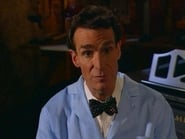 5 - 19Science of Music June 13, 1998
5 - 19Science of Music June 13, 1998 -
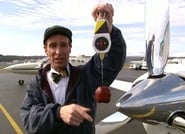 5 - 20Motion June 20, 1998
5 - 20Motion June 20, 1998




